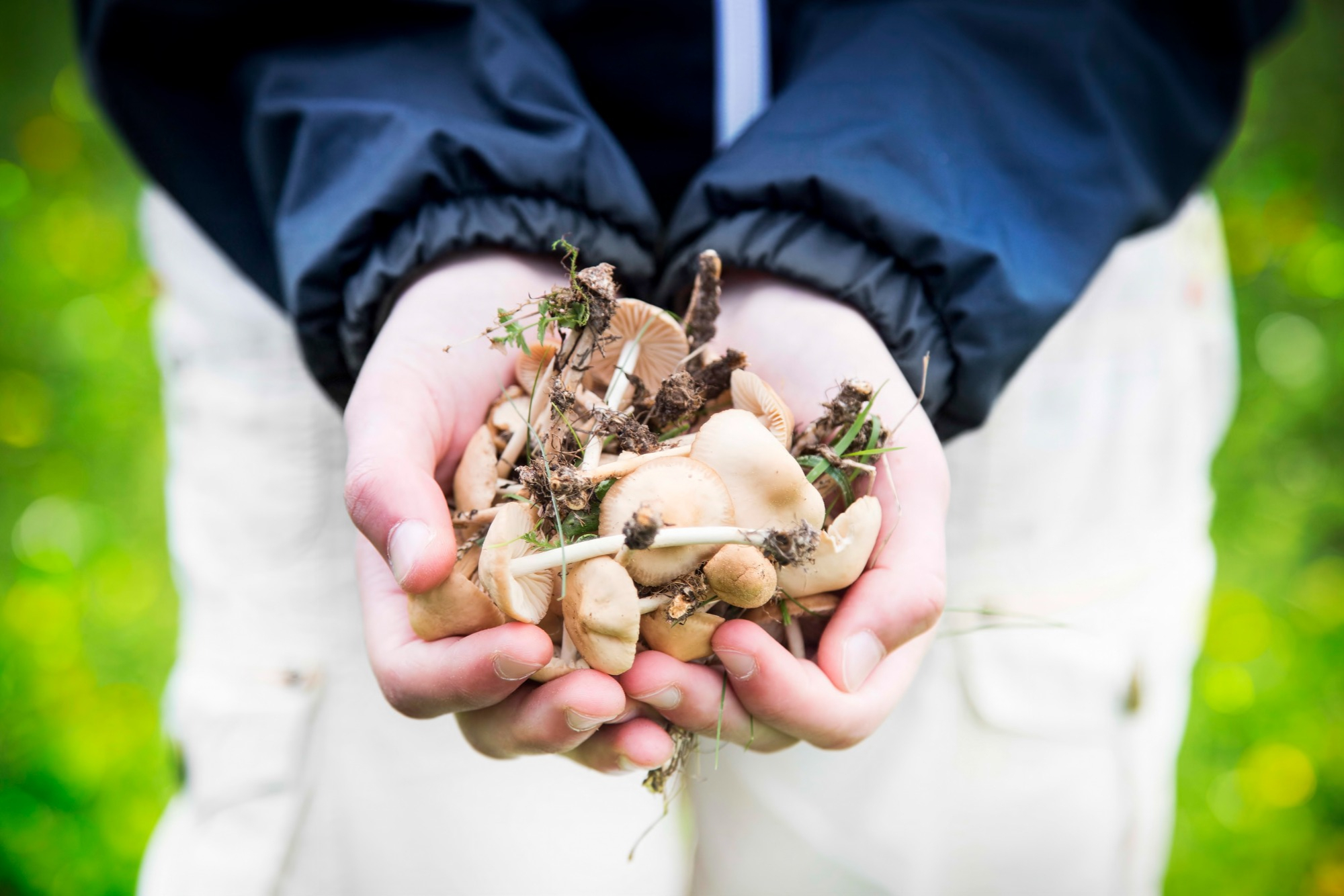

Some animals are able to stand, walk, or even run moments after birth. Baby humans can pretty much only cry, spit up, and poop, and don’t really start doing anything very physical until several months into their lives.
But there may be a reason why that, as a species, humans are late bloomers. A new study published today in the journal Science Advances finds that the ability to forage for difficult-to-extract resources increases slowly over the course of a human childhood. Because foraging as a human is a tricky task, we need plenty of time to learn how to do it.
“Early human life history is quite unique, in the sense that childhood, as a period loosely delimited by weaning and the onset of the physiological and social changes that lead to maturation, is a period of life unique to humans,” Ilaria Pretelli, lead author of the study, tells Popular Science. Pretelli is currently a PhD student at the Max Planck Institute for Evolutionary Anthropology in Germany and is studying life history theory, a field that analyzes the general features of the life cycle.
[Related: Evolution doesn’t work the way you think it does.]
Other animals have a tendency to transition from infancy to adulthood much more smoothly, meaning that they go from being dependent to fully self-sufficient adults without a long transitional phase. “Our children, on the contrary, spend many years apparently idling around, biologically speaking. Our somatic growth slows down. We play, simulate adult life, help our caretakers, experiment, and learn,” explains Pretelli.
For the study, Pretelli and her team built a dataset of already published research on foraging returns, or how many items a child or adolescent is able to find while out gathering. It included data from 714 children and adolescents representing 28 societies around the world, including the Cree and Inuit in North America, Hadza in Tanzania, and Martu in Australia.
The study examines four resources that differ in complexity. The least difficult are fruit and marine resources, because they typically require less physical strength and individual knowledge to obtain. Game and tubers (a special kind of stem) are the more complex items, because they require specialized tools (like a bow and arrow), knowledge, and strength to gather.
According to the study, foraging returns increase steadily throughout childhood and adolescence. The average child has achieved 20 percent of the productivity they will have reached by the age of 20 and 50 percent by age 10.
[Related: These photos are proof that evolution is wild and wondrous.]
The returns for these easier-to-extract resources (items like fruit, fish, and shellfish) increased rapidly during childhood into adolescence and then tapered off, while gains of game items and tubers continued steadily throughout adolescence. This suggests that getting better at foraging requires longer periods of skill development, supporting the theory that long human childhoods may partially result from the need to learn how to extract complex resources.
“A very interesting take on these findings is the variability that emerges. We looked across cultures and across resources, and even though there are key differences at the resource level, in practice there is a lot of variability in the schedules of learning to forage,” says Pretelli. “Unfortunately, this means that looking at a single resource in a single population to infer things about the evolution of human life history won’t work, because the neighbors might behave in a completely different way, thus invalidating the findings.” Pretelli stresses the need for longitudinal, cross-cultural data, and attention to ethnographic details to better understand this process.
The results supports one of the key principles of an anthropological idea called Embodied Capital Theory which theorizes that humans’ long childhood developmental period may have evolved due to the need to learn complex foraging skills.
“We are still engaged in trying to disentangle the processes underlying human life history evolution,” Pretelli says. “We aim to try and tease apart the importance of cognitive, and I would also like to move forward in investigating the social aspects of foraging and the role that children play in supporting their families.”
